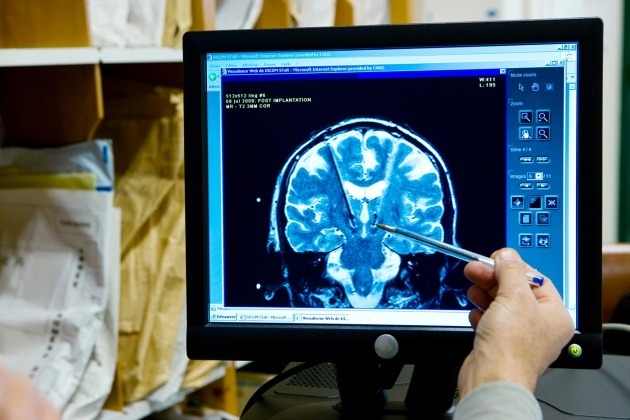Responsible neuroengineering: Neurotechnology and artificial intelligence (AI) can enhance our lives if it preserves our 1) privacy, 2) identity, 3) agency and 4) equality, researchers say

After having electrodes implanted in the brain to stimulate neural activity, some people have reported feeling an altered sense of identity.
_____
Four ethical priorities for neurotechnologies and AI (Nature):
Artificial intelligence and brain–computer interfaces must respect and preserve people’s privacy, identity, agency and equality, say Rafael Yuste, Sara Goering and colleagues.
“Consider the following scenario. A paralysed man participates in a clinical trial of a brain–computer interface (BCI). A computer connected to a chip in his brain is trained to interpret the neural activity resulting from his mental rehearsals of an action. The computer generates commands that move a robotic arm. One day, the man feels frustrated with the experimental team. Later, his robotic hand crushes a cup after taking it from one of the research assistants, and hurts the assistant. Apologizing for what he says must have been a malfunction of the device, he wonders whether his frustration with the team played a part.
This scenario is hypothetical. But it illustrates some of the challenges that society might be heading towards…It might take years or even decades until BCI and other neurotechnologies are part of our daily lives. But technological developments mean that we are on a path to a world in which it will be possible to decode people’s mental processes and directly manipulate the brain mechanisms underlying their intentions, emotions and decisions; where individuals could communicate with others simply by thinking; and where powerful computational systems linked directly to people’s brains aid their interactions with the world such that their mental and physical abilities are greatly enhanced…
Underlying many of these recommendations is a call for industry and academic researchers to take on the responsibilities that come with devising devices and systems capable of bringing such change. In doing so, they could draw on frameworks that have already been developed for responsible innovation.”
Article in context
- “Year 2030, your college-age daughter, who has normal hearing, has been pounding on you to get the latest hearing aid that allows one to cancel out noise on demand, amplify selected ambient conversations at will, and can easily connect to the music store. Should you buy one for her? Maybe you should buy one not only for her, but also for you as you enter your 60s?” Keep reading The Neurotech Revolution Could Lead To ‘Frankenstein’ Brains. Here’s How We Avoid It
- Neurotechnology can improve our lives…if we first address these Privacy and Informed Consent issues
- Dr. Anna Wexler to discuss the Present and Future of DIY Brain Enhancement at the 2017 SharpBrains Virtual Summit (December 5–7th)
- Neuroengineering pioneer Randal Koene to discuss neural interfaces at the 2017 SharpBrains Virtual Summit
- Required: Deep partnerships between industry and academia to upgrade healthcare and biomedical research via Big Data
- 10 Neurotechnologies About to Transform Brain Enhancement and Brain Health


